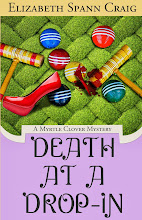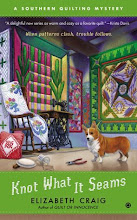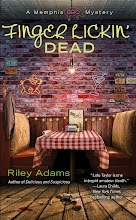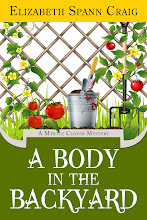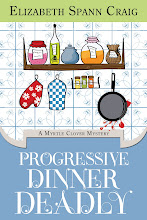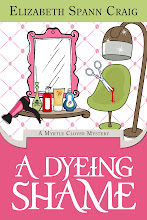 Microsoft Word 2010 and I have not been getting along, unfortunately. I’ve been very good to back up, as well as to save work as I go…but I’ve still experienced data loss.
Microsoft Word 2010 and I have not been getting along, unfortunately. I’ve been very good to back up, as well as to save work as I go…but I’ve still experienced data loss.
Yesterday I was writing, carefully hitting ‘save’ at the end of each paragraph—and Word froze right before the end of a long paragraph. So I lost the sentences.
It wasn’t a lot of text lost, but it was enough to make me take a 30 minute break in irritation. :)
When I sat down again to rewrite the paragraph, I tried to capture the feeling and gist of the previous paragraph. I’d written quickly and I couldn’t remember my exact word choice.
I used different phrasing and I think the order of the sentences was different—and I know it reads a lot better than what I’d originally written.
I’d kept only my vague impression of the old paragraph. I had the gist of the scene but rewrote it in a fresh way.
This was accidental editing (that I sure wasn’t planning on doing yesterday), but I’ve used the technique on purpose when editing manuscripts before.
Each draft of every manuscript I’ve worked on has had a mixture of strong and weak scenes.
When reading the first draft, I’ll mark scenes that stand out as weak with a comment to myself in the margin, using Word’s commenting feature.
After I’ve finished my read-through, I’ll rewrite the weak scenes without looking at them. Well, I’ll do a really fast read-through, to get the gist of the weak scene, but not a close-enough reading to be able to remember specific word choice.
The end product is nearly always much better than the old version.
I’ve found that if I’m looking right at the sentences that need to be edited, I tend to use the same phrasing…phrasing which obviously didn’t work and which resulted in the weak scene to begin with.
Have you tried doing blind rewrites of a scene, page, or paragraph? How did it work for you?





